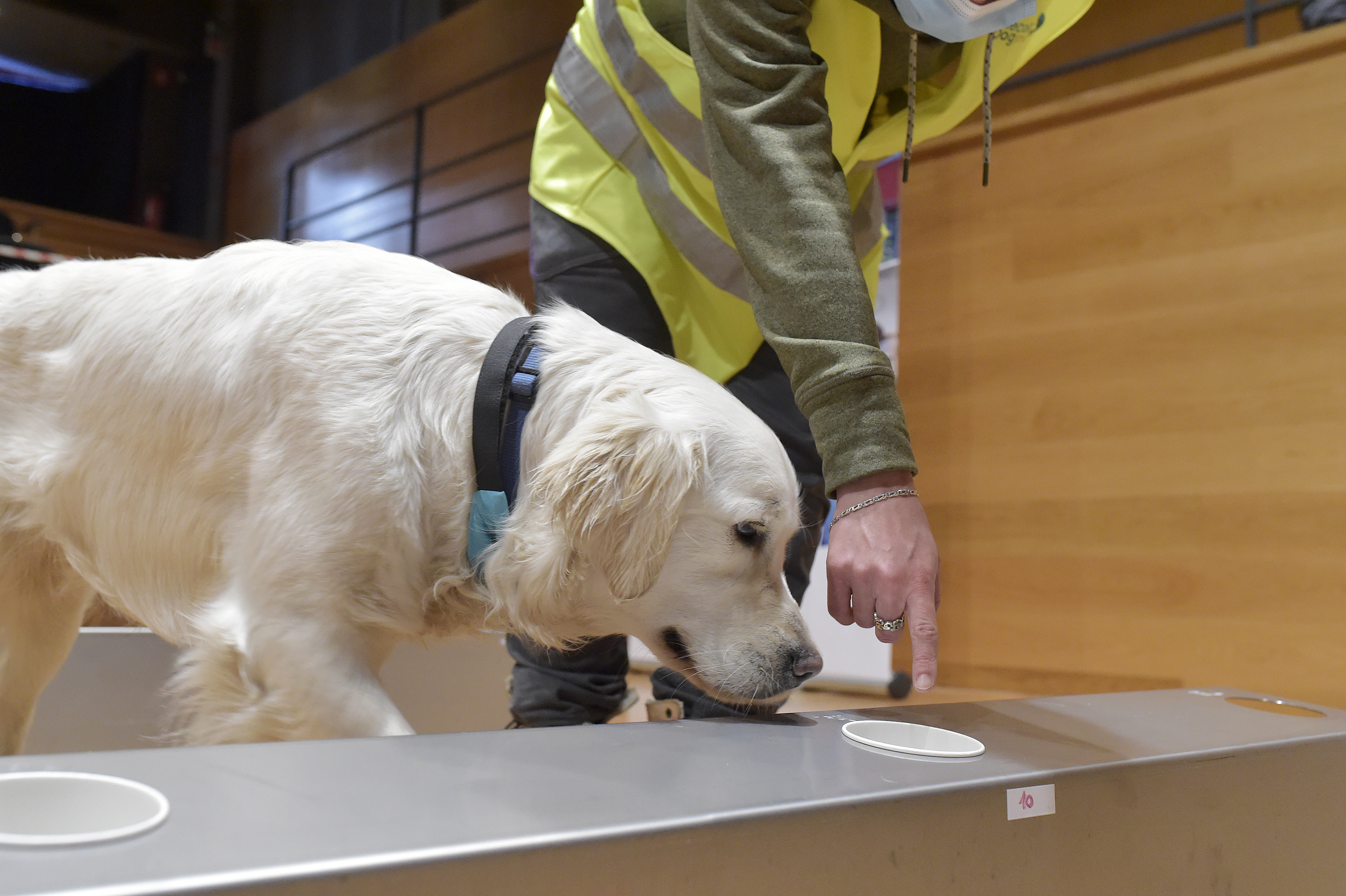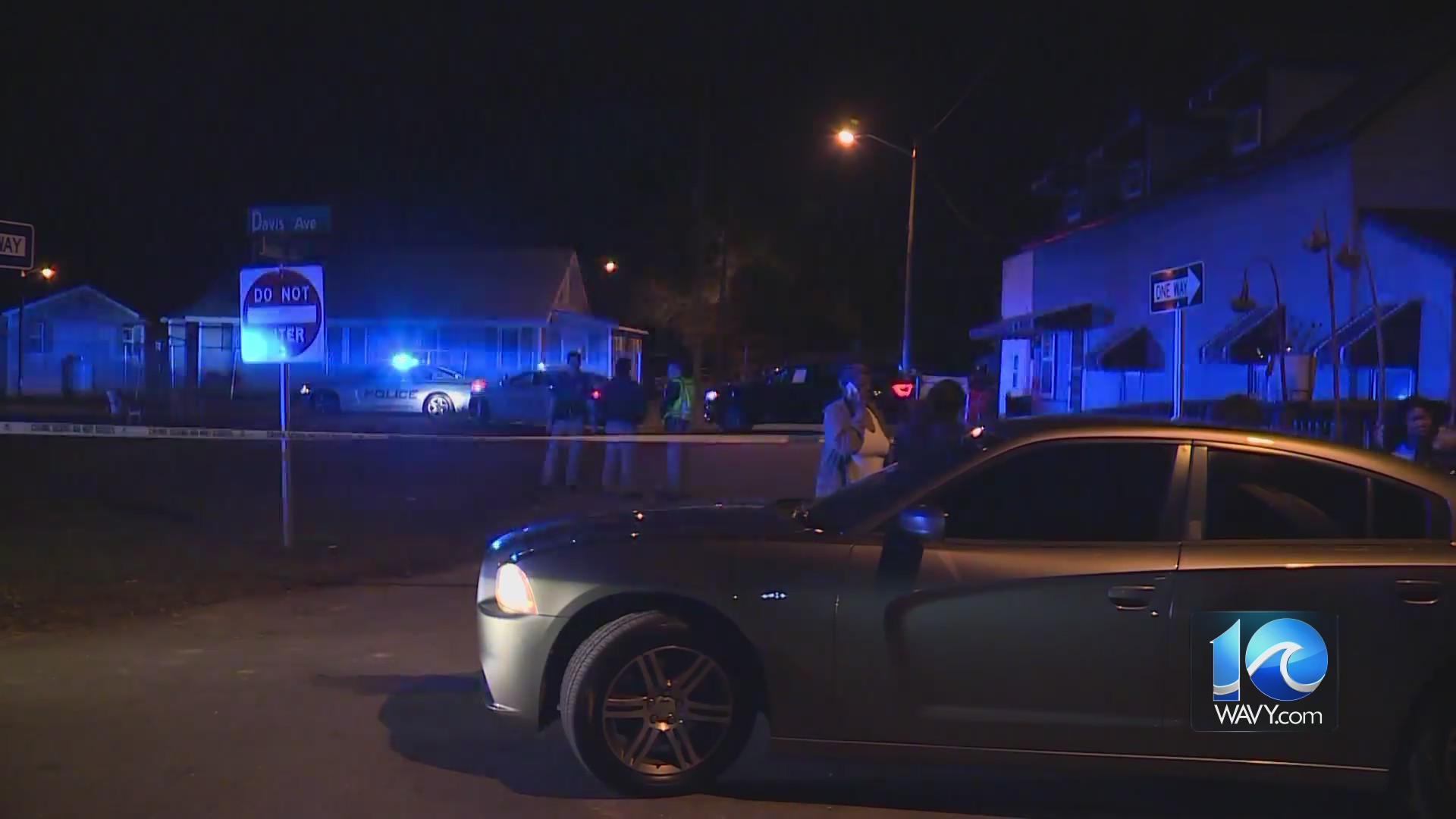Donald Trump has scored a major victory in his efforts to reshape the mosaic of state Republican Party rules that determine the GOP presidential nominee.
The California Republican Party over the weekend voted overwhelmingly to approve a plan to award all of their 169 presidential delegates to a candidate that wins a majority of the vote in the state’s March 5 primary.
That’s a hurdle that Trump, who remains popular in the party and is the early frontrunner in the crowded 2024 GOP field, could clear.
If no candidate wins more than 50%-plus-one in California’s Super Tuesday primary, then the delegates will be awarded to candidates based on their share of the vote. The rule change passed on a 53-16 vote Saturday by the California GOP’s Executive Committee is much more favorable to a frontrunner than a proposal that the party was considering a few weeks ago.
Trump campaign spokesperson Steven Cheung called it “a humiliating defeat” for Trump’s strongest rival, Florida Gov. Ron DeSantis, and the super PAC that’s been heavily supporting his presidential campaign.
“We are pleased the California Republican Party readopted a Winner-Take-All provision, and we look forward to competing across California to win all of its delegates, just as President Trump did in 2016 and 2020,” Cheung said in a statement.
DeSantis’ campaign had said it was closely monitoring the delegate plans in the states, but a spokesman for the campaign did not respond to questions about their conversations with the California GOP.
Communications Director Andrew Romeo said: “We’re putting an organization together that can win in any state, in any format, anytime, and anywhere. Game on.”
But Never Back Down, a super PAC supporting DeSantis’ campaign whose top advisors are schooled in the arts of delegate rules, was less sanguine.
“Smoke-filled back rooms do not reflect the will of or benefit voters in any state. Yet across the country games are afoot to enhance the potential outcome of primary elections for one former president who half of the Republican electorate no longer wants as the party leader,” Ken Cuccinelli, the founder of Never Back Down, said in a statement. “Even with these asinine primary rules changes, we remain confident Governor DeSantis will become the Republican nominee and 47th president of the United States.”
Never Back Down did not respond to a request to make Cuccinelli available for an interview.
California has more delegates to award than any other state, making its delegate haul valuable in the contest to win the majority of more than 2,000 Republican delegates and secure the party’s nomination.
State parties set their rules governing how delegates are awarded based on the results of presidential caucuses and primaries, a process that Trump and his team have been working for years to influence.
The complex process repeatedly tripped up Trump’s 2016 campaign but after years of work by the former president himself and his advisers, the resulting system largely favors a frontrunner.
Many state Republican parties made changes to their rules ahead of the 2020 election by adding more winner-take-all contests and requiring candidates to earn higher percentages of the vote to claim any delegates.
As state parties this year are finalizing their delegate plans for 2024, California’s proposal received heightened attention because of the number of delegates at stake.
The party was originally considering a plan earlier this month that could have potentially allowed a second-place finisher to collect more delegates.
The earlier proposal would not have allowed for a candidate to take all the delegates if they received a majority of the votes.
Instead, it split the 169 delegates into two groups. Of those, 156 of the delegates would be allocated based on the primary results in each of the state’s 52 congressional districts. The candidate who received the most votes in each district would receive two delegates, while the second-place candidate in the district would get one. The remaining 13 delegates would have been allocated to candidates based on the percentage of the statewide vote they won.
That proposal drew outrage from some Trump supporters on Twitter who cast it as a plot to harm Trump.
California Republican Party Chairwoman Jessica Millan Patterson said the initial proposal “was a starting point so that we could take the issue up,” but dividing up the delegates proportionally incentivizes every candidate to campaign in California because they could be awarded their share of what they win.
“This is what primaries are for,” Patterson said. “I’m excited to see all of these candidates step up and either show us that they can take a portion or win the state on their own and to make that case to California voters.”
Patterson declined to detail the specific input each campaign provided but said the party heard from campaigns beyond just those of Trump and DeSantis, along with supporters of the various candidates and potential delegates.
She said it was “a very open and transparent process,” with the party allowing for public comment and discussion during the final weekend vote and during an earlier meeting of the party’s rules committee, which first passed the change.
“I feel good about where we ended up on Saturday, despite what some people might say,” she said.


























